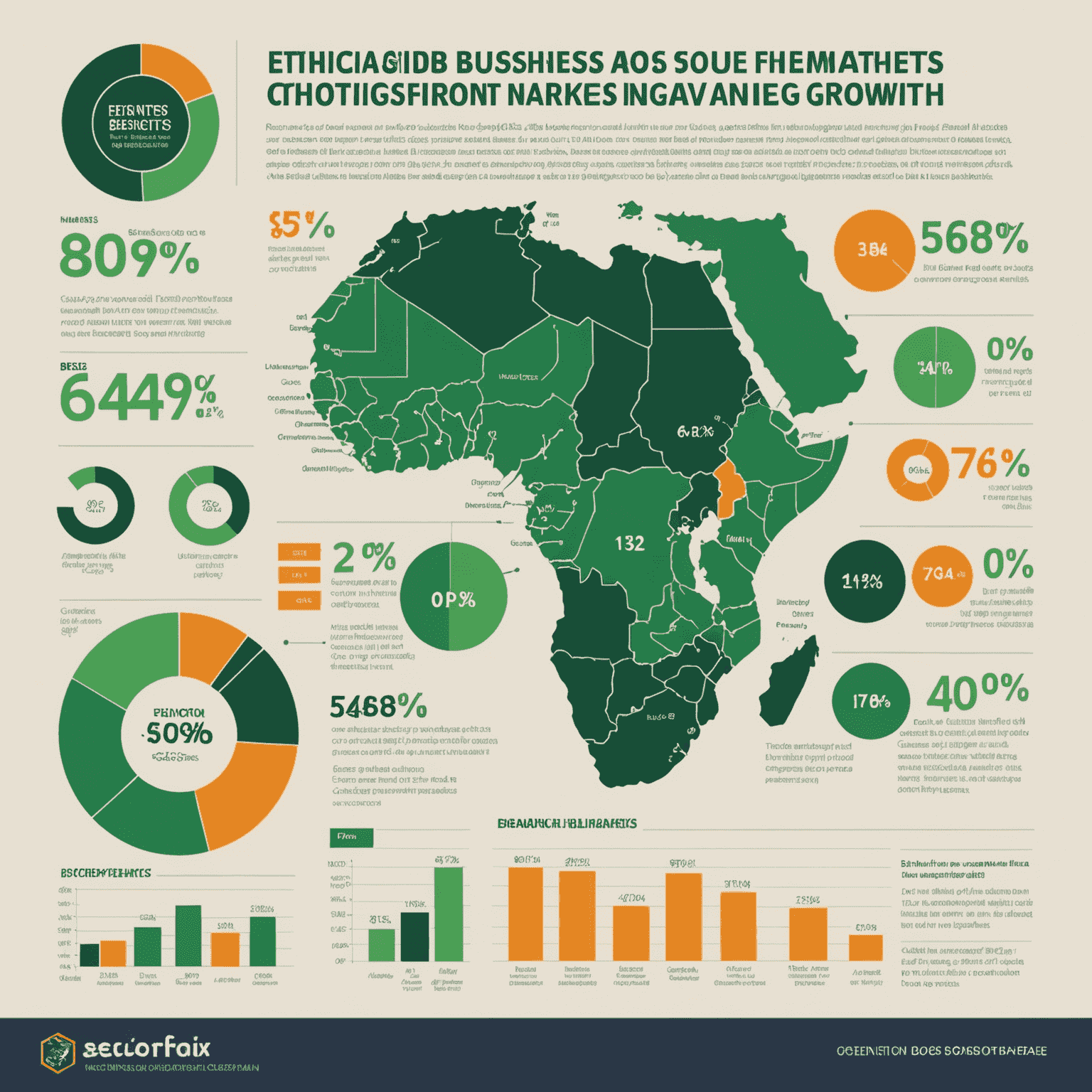Ethical Consulting: A Competitive Advantage

In the wake of recent scandals involving large consulting firms, the African business landscape is witnessing a paradigm shift. Ethical practices are no longer just a moral imperative; they have become a powerful competitive advantage for consulting firms operating in the African market.
The Rise of Ethical Consulting
As the African business ecosystem matures, there's an increasing demand for transparency and integrity in business practices. Consulting firms that prioritize ethical standards are finding themselves at the forefront of this evolution, gaining trust and loyalty from clients who value responsible business conduct.
Key Benefits of Ethical Consulting
- Enhanced Reputation: Firms known for their ethical practices attract high-profile clients and top talent.
- Long-term Client Relationships: Trust built on ethical foundations leads to enduring partnerships.
- Risk Mitigation: Ethical practices help avoid legal issues and reputational damage.
- Innovation Driver: Ethical constraints often lead to creative problem-solving and innovative solutions.
Implementing Ethical Practices
To leverage ethics as a competitive advantage, consulting firms in Africa should consider the following steps:
- Develop a robust code of ethics and ensure all employees are trained on it.
- Implement transparent pricing models and avoid conflicts of interest.
- Prioritize sustainable and socially responsible solutions for clients.
- Regularly audit internal practices to maintain high ethical standards.

Case Study: Success Through Ethics
Consider the case of a mid-sized consulting firm in Nairobi that implemented a strict ethical framework. Within two years, they saw a 40% increase in client retention and a 25% growth in new business acquisitions, primarily attributed to their reputation for ethical practices.
The Future of Consulting in Africa
As African economies continue to grow and integrate with global markets, the demand for ethical consulting services is set to rise. Firms that position themselves as ethical leaders now will be well-placed to capitalize on this trend, securing a competitive advantage in an increasingly discerning market.
In conclusion, ethical consulting is not just about doing the right thing; it's a strategic imperative for firms looking to thrive in the African market. By embracing ethical practices, consulting firms can differentiate themselves, build stronger relationships, and contribute to the sustainable development of African businesses.